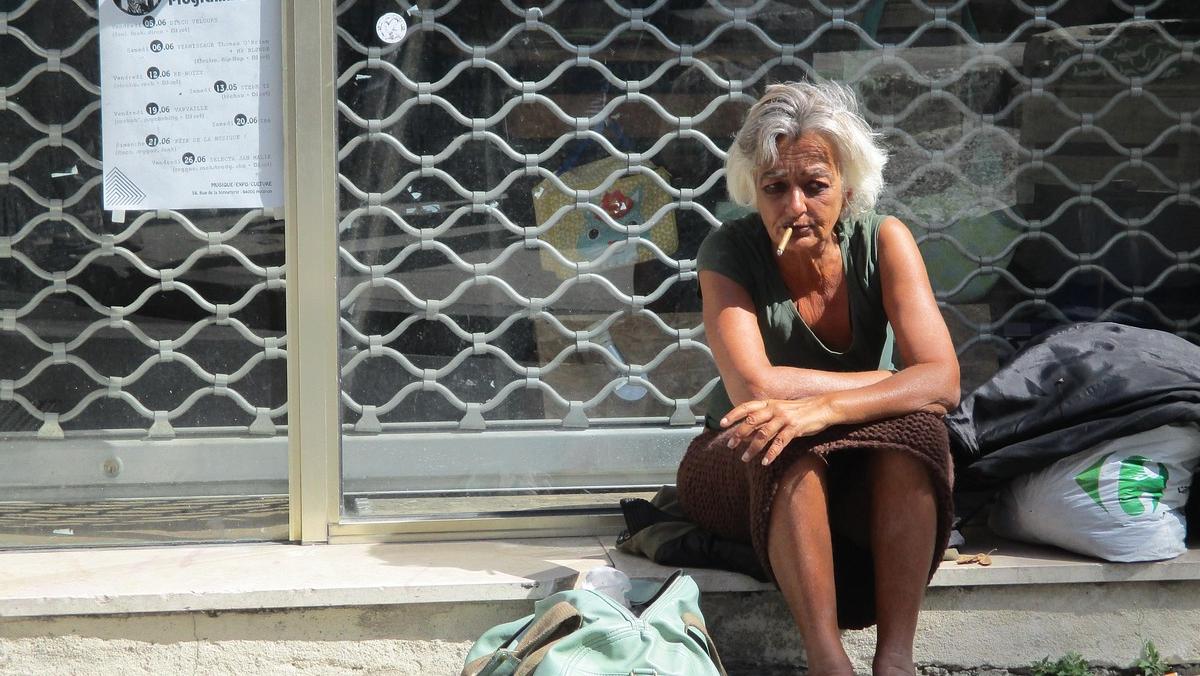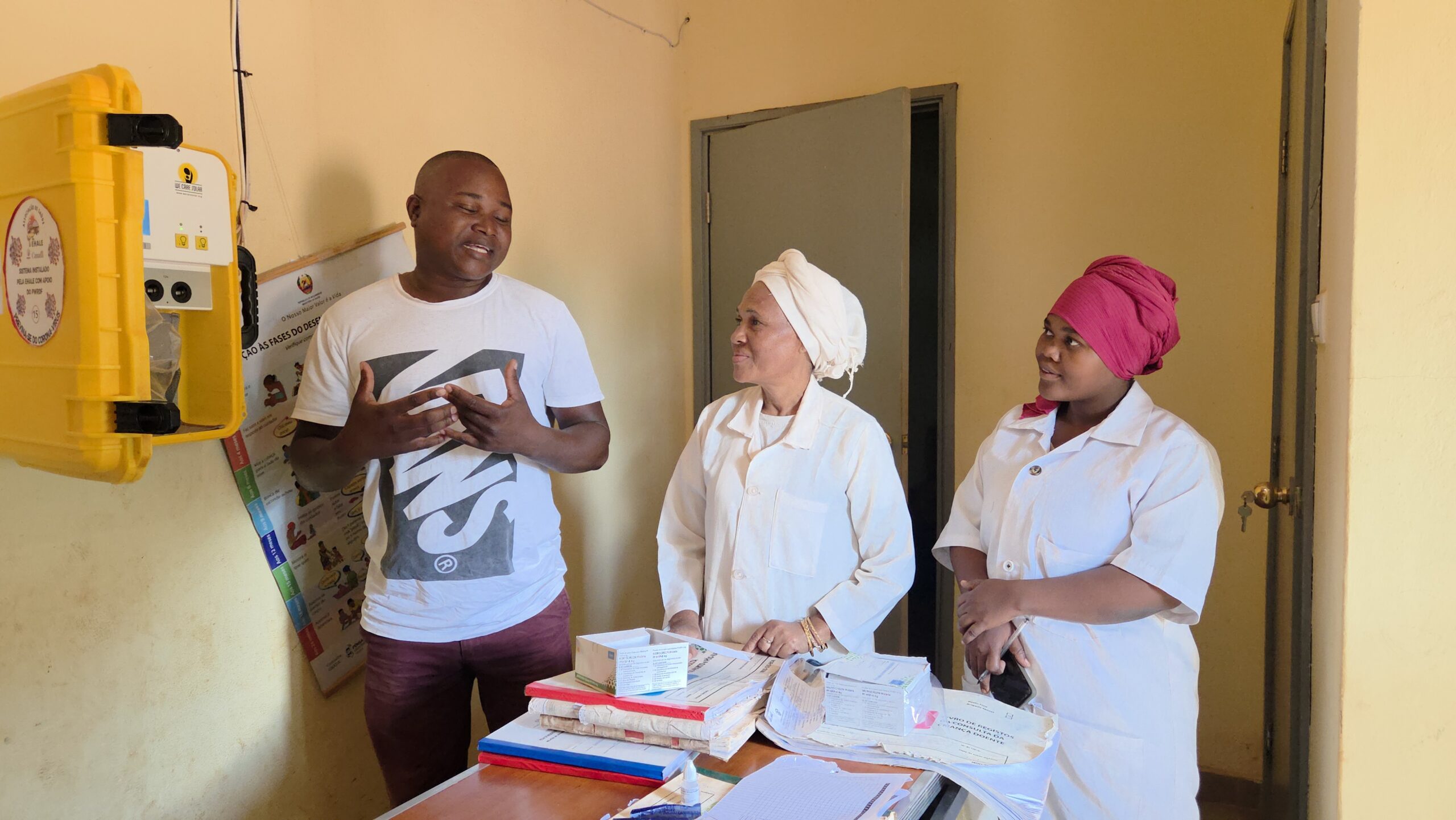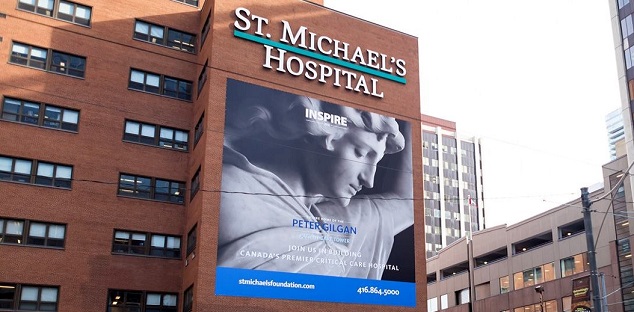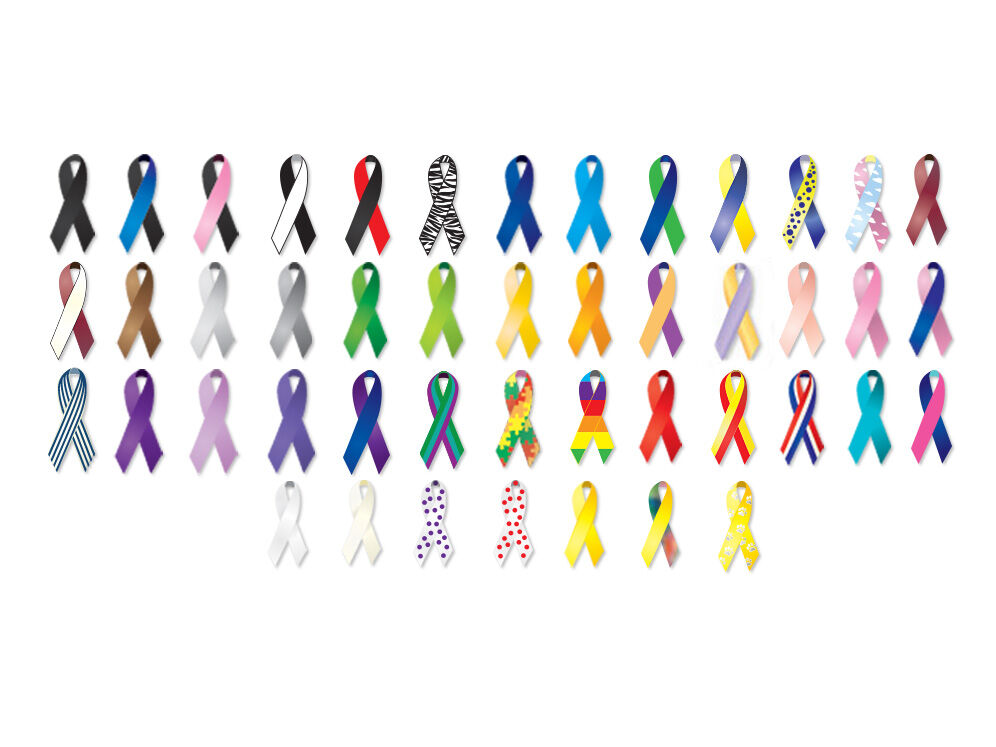
Lives Under Eviction: Who Holds Up the “Umbrella of Shelter”?
When Housing Stability Suddenly Disappears Imagine a single mother raising two young children on her own. One day, she finds an eviction notice in her mailbox. She has no savings, no assets to sell, no relatives to stay with, and no friends who can help. In that moment, she is truly alone. What can she […]

Contraception and Women’s Health in Nova Scotia
When Access Depends on Income For women across Nova Scotia, access to contraception is not only a matter of personal choice but also of health, autonomy, and affordability. Prescription birth control plays a central role in women’s preventive health care, yet cost continues to shape who can access it consistently. On October 10, 2024, Canada’s […]

Breaking the Cycle of Homelessness: From Shelter to a Real Home
From crisis to stability, with dignity and lasting support At dawn, the cold had not yet lifted from the streets of Montreal. Mark, in his fifties, stood outside the doors of the Old Brewery Mission (OBM), clutching the last few belongings he had. He had just lost his apartment and had no idea where to […]

Culturally Rooted Care: Empowering Indigenous Women in Manitoba
The Gaps in Care Indigenous Women Continue to Face Indigenous women play an essential role across Manitoba. They guide younger generations, pass down traditions, and care not only for their families but also for their communities. However, the Canadian healthcare system has fallen short in serving their needs and concerns. These shortcomings are rooted in […]

How WWF Canada is Helping The Arctic’s Apex Predator
Polar Bear Conservation in the Canadian Arctic The polar bear is one of the Canadian Arctic’s apex predators. In Inuktitut, they are known as nanuq. Around 16,000 live on the sea ice that spans roughly two million square kilometers across Nunavut, with subpopulations ranging through the Northwest Territories, the Yukon, Quebec, Manitoba, Newfoundland and Labrador, […]

Lives Under Eviction: Who Holds Up the “Umbrella of Shelter”?
Imagine a single mother raising two young children on her own. One day, she finds an eviction notice in her mailbox. She has no savings, no assets she can sell, no relatives she can stay with, and no friends who can help. In that moment, she is truly alone. What can she do? What should […]

Nowhere to Go: Why Hospital Discharge Is Sending Patients Back Into Homelessness
When staff at a psychiatric hospital asked “Jane” if she felt ready to go home, her answer was immediate: “Where do I go?” Her fear is shared by many others leaving psychiatric care across Ontario, where a growing number of patients are discharged with no stable place to live. A 2022 report from Healthy Debate […]

What Happened at the BC Ostrich Farm: A Summary of Key Facts
A concise Q&A outlining what has been publicly reported Universal Ostrich Farms in Edgewood, British Columbia became the centre of national attention after a confirmed outbreak of highly pathogenic avian influenza, also known as H5N1. The situation sparked months of protests, court hearings, and public debate as the Canadian Food Inspection Agency (CFIA) worked to […]

Lighting the Way: How Solar Suitcases Are Saving Lives in Mozambique and Madagascar
Ever heard of a solar suitcase? It might sound like something from a futuristic film, but it’s very real and it’s changing lives in some of the most remote parts of the world. Imagine trying to deliver a baby in a room with no electricity. No medical monitors. No proper lighting. Just a dim cell […]

Creative Support in Action: How VOI is Redefining Care, One Imaginative Idea at a Time
Personalized Support with a Creative Spark If you think support work is all about routines and checklists, think again. At Visions of Independence (VOI), creativity is a cornerstone of care—and it’s redefining what it means to support people with diverse abilities. VOI doesn’t just meet people where they are; they imagine where people want to […]

Rising to Meet the Moment
WCSS Celebrates a Transformative Year in Community Care In a year defined by rising needs and economic uncertainty, Whistler Community Services Society (WCSS) proved one thing: community care is not just a safety net—it’s a lifeline. The organization’s 2024/25 Impact Report reveals a powerful story of resilience, expansion, and grassroots action that continues to […]

Cystic Fibrosis Canada (CFC): Turning Decades of Determination into Lifelong Impact
65 Years of Bold Progress: How Science, Community & Compassion Are Beating the Odds Sixty-five years ago, a small but mighty group of families and researchers in Canada set out with one big goal: to outsmart cystic fibrosis. Fast-forward to today, and Cystic Fibrosis Canada (CFC) is marking a milestone not just in years—but in […]

Equity in Action: How the KRESCENT Program is Rewriting the Script for Kidney Research
How the KRESCENT Program is Advancing Equity and Innovation in Kidney Research What if the next game-changing breakthrough in kidney health came from a voice that had been previously unheard? That’s the radical and refreshing question at the heart of KRESCENT’s latest evolution—and it’s one that could transform not just research, but the future of […]

Leading Hospital Foundations in Canada
Canada’s healthcare system is publicly funded, offering universal access to essential medical services. The bulk of hospital funding comes from provincial and territorial governments, covering operational costs like staffing, equipment, and basic infrastructure. However, government budgets alone can’t keep pace with the growing demand for innovation, advanced treatments, and patient-centered care. That’s where hospital foundations […]

Canadian Cancer Charities: The Power of Giving, Support, and Community
Cancer touches nearly every Canadian family—whether through a personal diagnosis, the journey of a loved one, or the lingering grief of a loss. It is a disease that knows no boundaries, and yet, across the country, people continue to fight back with compassion, courage, and community. In Canada, nearly 1 in 2 people will be […]

Hello, March! A Month of Awareness and Action
March is finally here! As we welcome longer days, the promise of spring, and the fresh energy of a new season, it’s also a great time to recognize the important causes and initiatives that March represents. This month is packed with awareness campaigns that shine a light on crucial health, social, and scientific issues. Let’s […]

Coyote Attacks in Liberty Village Spark Concern Among Residents and Wildlife Advocates
Toronto Residents Alarmed by Recent Incidents Residents in Toronto’s Liberty Village saw a series of coyote-related incidents that raised concerns among residents and local authorities. Reports of aggressive encounters prompted discussions on human-wildlife coexistence and the best strategies to prevent further conflicts. Experts Stress Coexistence Over Removal Wildlife experts emphasize that coyotes are […]
